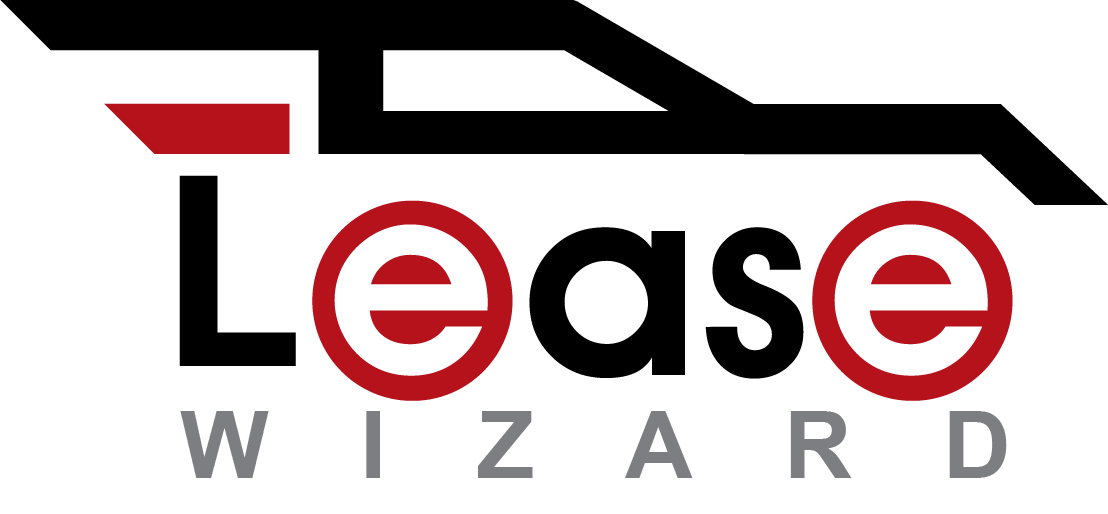Insurance, Assurance, and Putting Your Mind at Ease
It’s hard to enjoy the car you’re leasing if you’re constantly worried about something going wrong, and the negative impact on your bank account if it does. That’s why it is important to know about some of the products that are available to help you have peace of mind by paying a little more each month to avoid the chance of having to pay a lot when you may be able to least afford it.


Assurance Products
The dealer will have a number of products to offer that can be added on to your lease (or loan) to potentially provide some peace of mind. Some of these will be a better fit for a lease than others, but you’re under no obligation to purchase any of these products. Some may even be included automatically in your lease by the lessor, so ask about that too.
Keep in mind that many dealerships now use “menu selling” for their assurance products (also known as F&I – Finance & Insurance products), so that every customer is presented everything. This is a best practice to ensure no one is denied access to something that may be helpful to them, and isn’t done because the dealer wants to sell you useless stuff or confuse you. And if it is confusing, ask the dealer to describe it again – never buy something you don’t understand.
| Product |
Description |
Recommended? |
| GAP |
GAP stands for Guaranteed Asset Protection – if the vehicle is totaled your insurance company will pay only the value of the vehicle. If this is less than the amount you owe you’re still responsible for the difference. GAP takes care of that difference and leaves you with no further obligation to your lessor (or lender on a loan). This is sometimes also known as debt cancellation or debt waiver. |
Yes – but keep in mind that many leases include it already. So purchase additionally only if not included in your lease. Remember that unless you had a significant down payment you will owe more than the car is worth for almost all of the lease term. |
| Excess Wear and Tear Coverage |
Since you’ll be expected to return your vehicle with only “normal” wear and tear, this protection product would step in and pay the lessor for any damage that goes above and beyond “normal” as defined in your lease, so that you don’t have to pay for the unexpected excess wear and tear at lease end. |
We recommend you know both what is normal wear and tear, and what the excess wear and tear coverage will/won’t cover and up to what limit (and at what price). With that info you can make a good decision on whether it fits your needs. |
| Key Replacement Coverage |
If you lose your car key/key fob or it stops functioning you can get it replaced at no charge, or with a small deductible. |
You know whether you’re prone to losing things – but keep in mind that if you’re the type to get the insurance for your mobile phone you’d likely want to get the key replacement coverage because those key fobs are surprisingly expensive to replace – sometimes as much as a smartphone. |
 |
 |
 |
| Tire & Wheel Coverage |
If you lease a new car you will likely have bumper to bumper coverage with the manufacturer’s warranty, and your auto insurance covers accidents and other incidents. But usually neither of these cover damage to your tires and wheels, so that’s where this coverage comes in – flat/punctured tires, damaged wheels/rims and similar issues are covered so you have no, or limited, out of pocket cost to get back on the road. |
Always check to see if this is covered in your lease – it may be a feature offered by the lessor. If not, then it comes down to price and value of the coverage. Keep in mind that fancy cars have fancy tires – so while the coverage may be pricey, replacing those tires could also be a large expense too. |
| Roadside Assistance |
If an incident happens while traveling – accident, battery dies, keys lost, flat tire, etc. – you may have coverage to fix those issues without spending money, but you may be stuck until the issue is fixed. Having roadside assistance available can help you get going on your way quicker, and cover the expenses – tow truck, jump start, etc. that come along with resolving the issue. |
This is likely not something you want to buy from the dealer on its own. It could come as an included bonus from the manufacturer, lessor, or dealer, in which case its nice to have. It is similar coverage to what being a AAA member provides. |
| Vehicle Service Contract / Mechanical Breakdown Insurance (VSC/MBI) |
This is also known as an extended warranty. It’s to cover items not covered by the manufacturer warranty. Usually on a new car, there’s not much that this can cover because the broadest part of the manufacturer warranty usually lasts 3 years or 36,000 miles (at least) and for many models the powertrain is covered even longer. |
If you’re leasing, this is recommended only on a used car. If you live in a state with MBI (which is regulated by state’s insurance oversight agency), be sure to check with your auto insurance carrier/agent about this option, and also to make sure it isn’t automatically added to your coverage if you don’t want it. |
